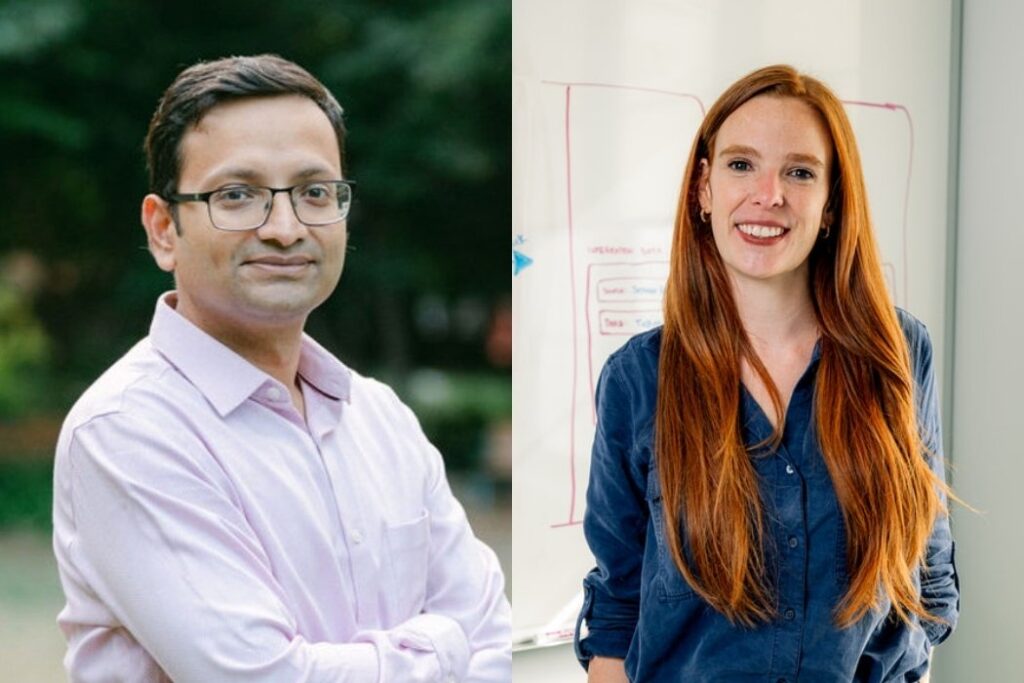Adaption Labs will focus on novel approaches to efficient AI.
Former leaders from Toronto-based Cohere and its research division are launching a startup aimed at building efficient artificial intelligence (AI) that can “adapt and continuously learn.”
“This will change how everyday users and companies around the world are able to shape and own AI.”
Sara Hooker
Former Cohere Labs head Sara Hooker will lead the new venture alongside her former Cohere colleague, Sudip Roy, who was the company’s senior director of inference.
Adaption Labs will work on “adaptable intelligence,” according to a post on X by Hooker. In a separate LinkedIn post, she said the company will lead in “extremely efficient adaptation” that will enable AI to evolve in real time. “This will change how everyday users and companies around the world are able to shape and own AI,” she wrote.
In his own post, Roy wrote that he is taking on a new challenge “at the intersection of efficiency and adaptability.” He said the next AI breakthrough “won’t just be about larger models—it will be about systems that can efficiently adapt without the computational overhead of traditional gradient-based methods.”
Gradient methods, such as gradient descent, are machine learning methods widely used to train large-language models (LLMs). They involve optimizing the parameters of a mathematical model to obtain the fewest possible errors. Other approaches to training AI do not involve gradients. One example is evolutionary algorithms, a computational method inspired by natural selection where solutions to a math problem are represented as individuals in a population.
Industry-standard approaches to training AI models, such as those used by OpenAI and Google, have involved massive amounts of data and energy. Adaption Labs appears to be pursuing efficiency in its AI development to cut both energy consumption and costs. Some of the job postings mention “severe compute budgets,” which the company says will force it to innovate and collaborate across the tech stack.
RELATED: Marzieh Fadaee promoted to head of Cohere Labs
Despite its California headquarters, Adaption Labs is hiring for some hybrid positions in Canada and the United Kingdom, including a brand designer, a design engineer, and an efficiency research engineer.
After spending five years as a research scientist with Google DeepMind, Hooker joined Cohere in 2022 to lead Cohere Labs. Earlier this summer, she announced she was leaving but stayed on through September to oversee applications for Cohere’s Research Scholars program. After Hooker’s departure, Cohere Labs promoted research scientist Marzieh Fadaee to lead the division.
Hooker led research at Cohere Labs across a number of fronts, including multilingual capabilities, inference efficiency, and LLM alignment and safety. Cohere’s Aya series of models brought LLM support to 55 new languages, she said.
The researcher also co-authored a paper this spring pointing out alleged unreliability in the rankings of popular chatbot leaderboard LM Arena, which drew largely applause but some backlash from the AI research community.
For his part, Roy joined Cohere in 2021 after seven years at Google as a research scientist. Before becoming the Canadian startup’s senior director of inference, he was the director of engineering. According to his LinkedIn, Roy will be Adaption Labs’s CTO.
Founded in 2019 by former Google researchers, Cohere builds LLMs that power chatbots and applications for enterprises and governments. Valued at $7 billion USD, it is one of Canada’s best-funded and most valuable private technology companies.
Feature image courtesy Sudip Roy via LinkedIn and Sara Hooker via LinkedIn.

